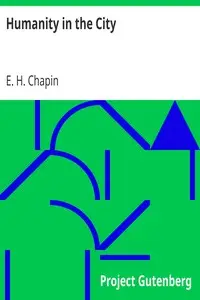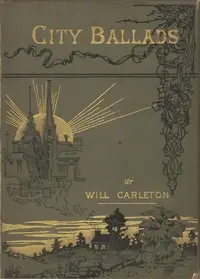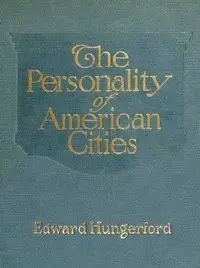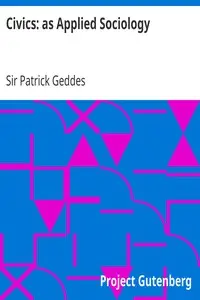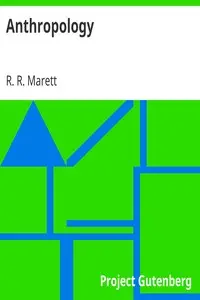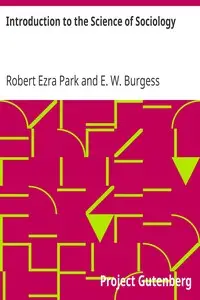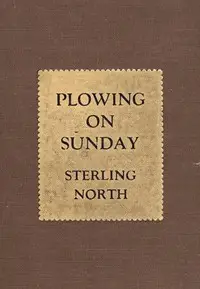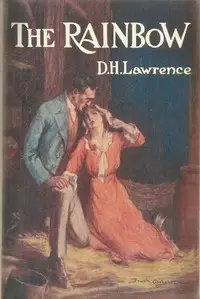"The City" by Robert E. Park, Ernest W. Burgess, and Roderick D. McKenzie, is a deep examination of urban environments and their effect on human behavior and society. The authors consider a city to be more than a physical location and suggest that it represents customs, traditions, and human interactions, ultimately influencing social structures, economic systems, and personal identities. The study offers a look into understanding city life through ecological, economic, and ethical viewpoints, preparing the reader for a detailed examination of urban phenomena like population shifts and community organization.
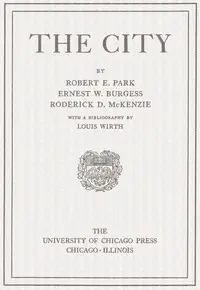
The city
By Robert Ezra Park
Discover how the concrete jungle shapes who we are, dictating everything from our relationships to our very sense of self.
Summary
About the AuthorRobert Ezra Park was an American urban sociologist who is considered to be one of the most influential figures in early U.S. sociology. Park was a pioneer in the field of sociology, changing it from a passive philosophical discipline to an active discipline rooted in the study of human behavior. He made significant contributions to the study of urban communities, race relations and the development of empirically grounded research methods, most notably participant observation in the field of criminology. From 1905 to 1914, Park worked with Booker T. Washington at the Tuskegee Institute. After Tuskegee, he taught at the University of Chicago from 1914 to 1933, where he played a leading role in the development of the Chicago School of sociology.
Robert Ezra Park was an American urban sociologist who is considered to be one of the most influential figures in early U.S. sociology. Park was a pioneer in the field of sociology, changing it from a passive philosophical discipline to an active discipline rooted in the study of human behavior. He made significant contributions to the study of urban communities, race relations and the development of empirically grounded research methods, most notably participant observation in the field of criminology. From 1905 to 1914, Park worked with Booker T. Washington at the Tuskegee Institute. After Tuskegee, he taught at the University of Chicago from 1914 to 1933, where he played a leading role in the development of the Chicago School of sociology.

